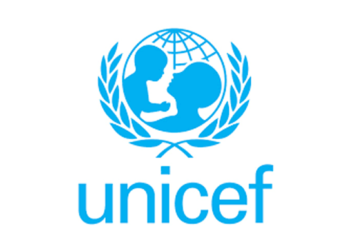The Africa TB Summit has called for stronger partnerships, increased funding, and coordinated actions to end tuberculosis on the continent.
The Global TB Caucus and its partners have outlined critical strategies to end Tuberculosis (TB) in Africa, emphasising the need for adequate funding, strengthened multi-sectoral partnerships, and coordinated actions.
Also read: WHO warns of diabetes surge in Africa, urges immediate action
These strategies were discussed in a communique issued on Wednesday, at the conclusion of the 2024 fifth Africa TB summit held at the National Assembly in Abuja.

The summit was supported by the AIDS, TB, and Malaria Control Committee, parliamentarians from 18 African countries, civil society organisations, experts, and development partners.
The summit, which included representatives from 18 countries such as Cameroon, Nigeria, South Africa, and Zambia, sought to advance efforts towards achieving the UN High-Level Meeting (HLM) target of diagnosing and treating TB by 2027. This target builds upon the commitments made at the 2023 UN HLM on TB.
Key discussions during the summit focused on enhancing domestic resource mobilisation, improving policies, and increasing funding for TB responses.
Delegates also addressed social determinants such as stigma and gender disparities, which impede TB prevention and treatment efforts.
One of the significant outcomes of the summit was the adoption of the Abuja Statement on Financing to End TB in Africa, which represents a landmark commitment in the fight against TB on the continent.
This commitment will be operationalised through the Global TB Caucus 2025 Roadmap for Africa.
The summit underscored the importance of fostering unity across African nations and empowering parliamentarians with the necessary information to push for advancements in TB prevention, diagnosis, and treatment.
Another notable aspect of the summit was the emphasis on the need to prioritise vulnerable groups and affected communities, with an increased focus on investment in advanced diagnostics, research, and development.
Stephen Mule, a Member of Parliament from Kenya and Chair of the Africa TB Caucus, emphasised the collective commitment of African parliamentarians to eradicate TB by 2030.
“We remain committed to ensuring we end TB by 2030. We as parliaments pledge our time and political influence until the battle is won,” Mule said.
Dr. Pierre Flambeau Ngayap, a Member of the Senate Bureau in Cameroon and co-chair of the Africa TB Caucus, praised Nigeria for its political will in the fight against TB and encouraged other countries to use the summit’s outcomes to inform their national TB strategies.
Hon. Elma Dienda, a Member of Parliament from Namibia, commended technological advancements in TB diagnosis and treatment, highlighting that these innovations bring the goal of ending TB within reach.
The summit ended with strong commitments from parliamentarians to accelerate the fight against TB, leveraging innovative funding models, strengthening partnerships, and prioritising legislative engagement to create supportive environments for TB funding and awareness.









